Hi, I’m Jess, and I’m in my second semester of MA Film and Television: Research and Production. Now that our cohort is beginning to start production on our short fiction films and dissertations, it feels more important than ever to consider the networks that we have built across the academic year so far, and how important building connections in the early stages of the MA has been.
Additionally, once connections are built, there is very much an ‘I-O-U’ culture surrounding production and working together. Having formed a group of like-minded students, It’s been really nice to have a shared agreement that if someone works on your film, you’re happy to return the favour. This benefit of the MA has made it fairly easy to crew our films, and make the most of working together with your friends on some really exciting new projects.
Stemming from the ‘I-O-U’ culture of the MA and the diverse range of students that you meet, it’s really fun to be able to offer each other different things when working together. From expertise in a previous field to maybe lending your house as a filming location, networking on the MA means you’re rarely short on help for your audio-visual assignments.
Of course, one of the biggest benefits of networking on the MA is making genuine social connections with people who you might not have met. A clear difference that I have found in contrast to my undergrad years at the University of Birmingham is the diverse age ranges and life experiences of the students on the MA. If I had not chosen to study the MA, I would not have met with so many people from different walks of life, who all share the same interests as I do. It’s been brilliant to form a strong group that I can spend time with both academically and socially.
The thing is, the FTV network stems so much farther than the confines of each cohort. I recently had my placement week back home in Manchester, at ITV’s MultiStory Studios in Media City, Salford. The week was such a brilliant and informative experience, and one of the most memorable aspects of my time at MultiStory was seeing the network of FTV alumni in motion. I was lucky enough to attend the company’s annual Town Hall, and whilst I was chatting to a few new people from MultiStory, I met an FTV graduate from 2016 who was now working as a Production Coordinator on Tonight. It was such a lovely experience meeting someone from a previous year, and chatting about her experience on and after the Masters. Meeting her was encouraging, and proved that the FTV network is far bigger than your individual year once we’re out in the ‘real world’.
Jessica Parker












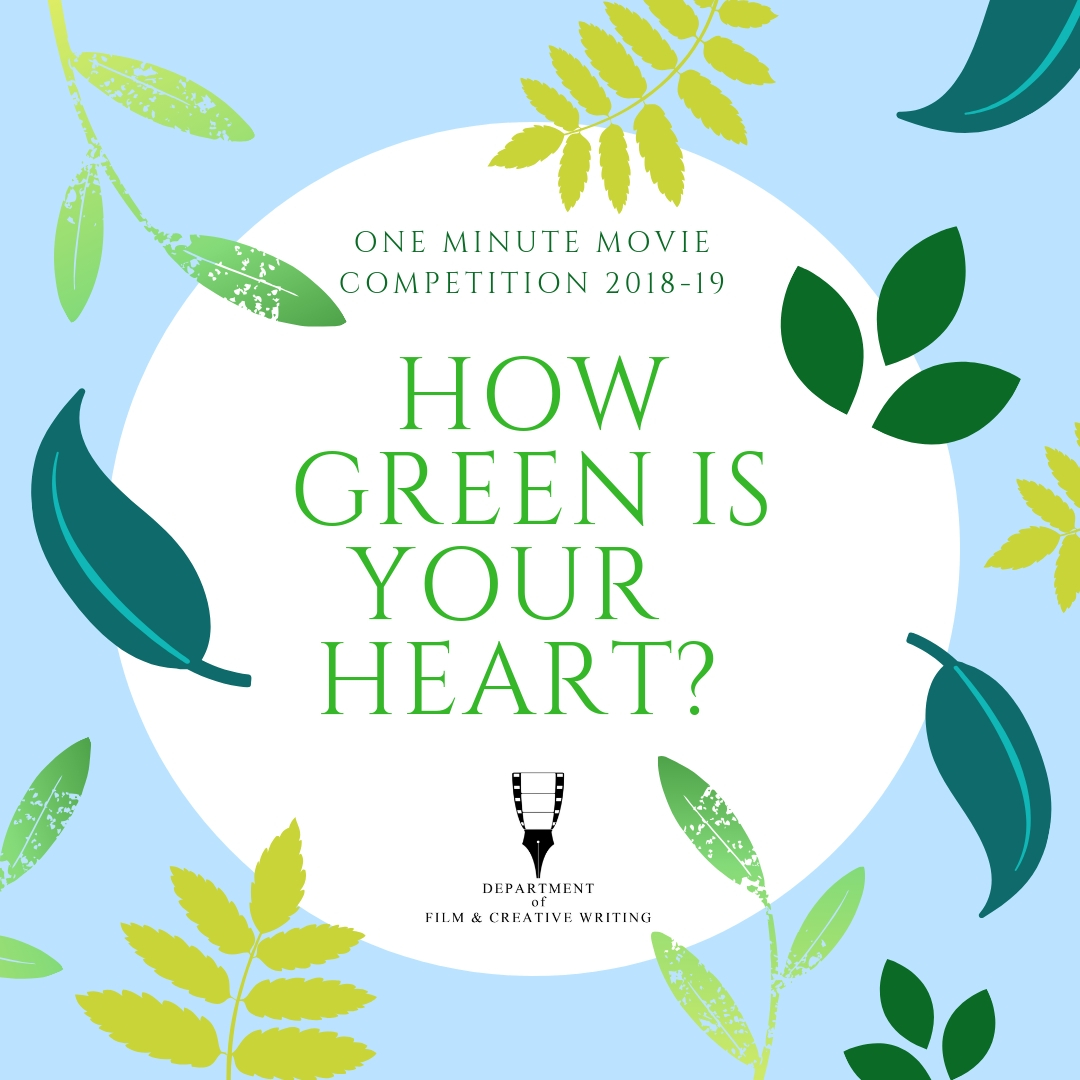 Editing projects in the form of an emotive visual poem and a short documentary about how and why international students sometimes choose an English name. These were followed by
Editing projects in the form of an emotive visual poem and a short documentary about how and why international students sometimes choose an English name. These were followed by 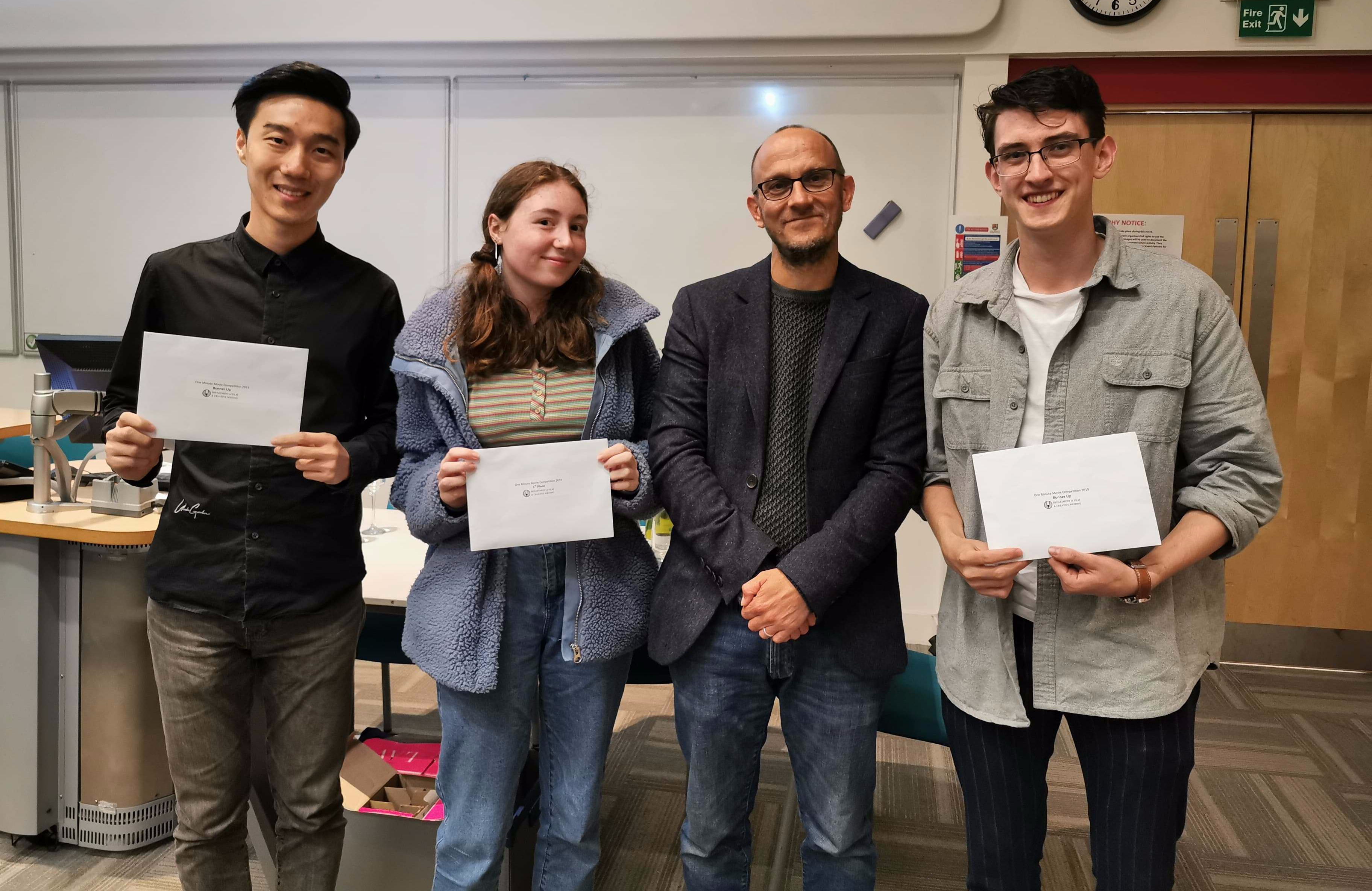
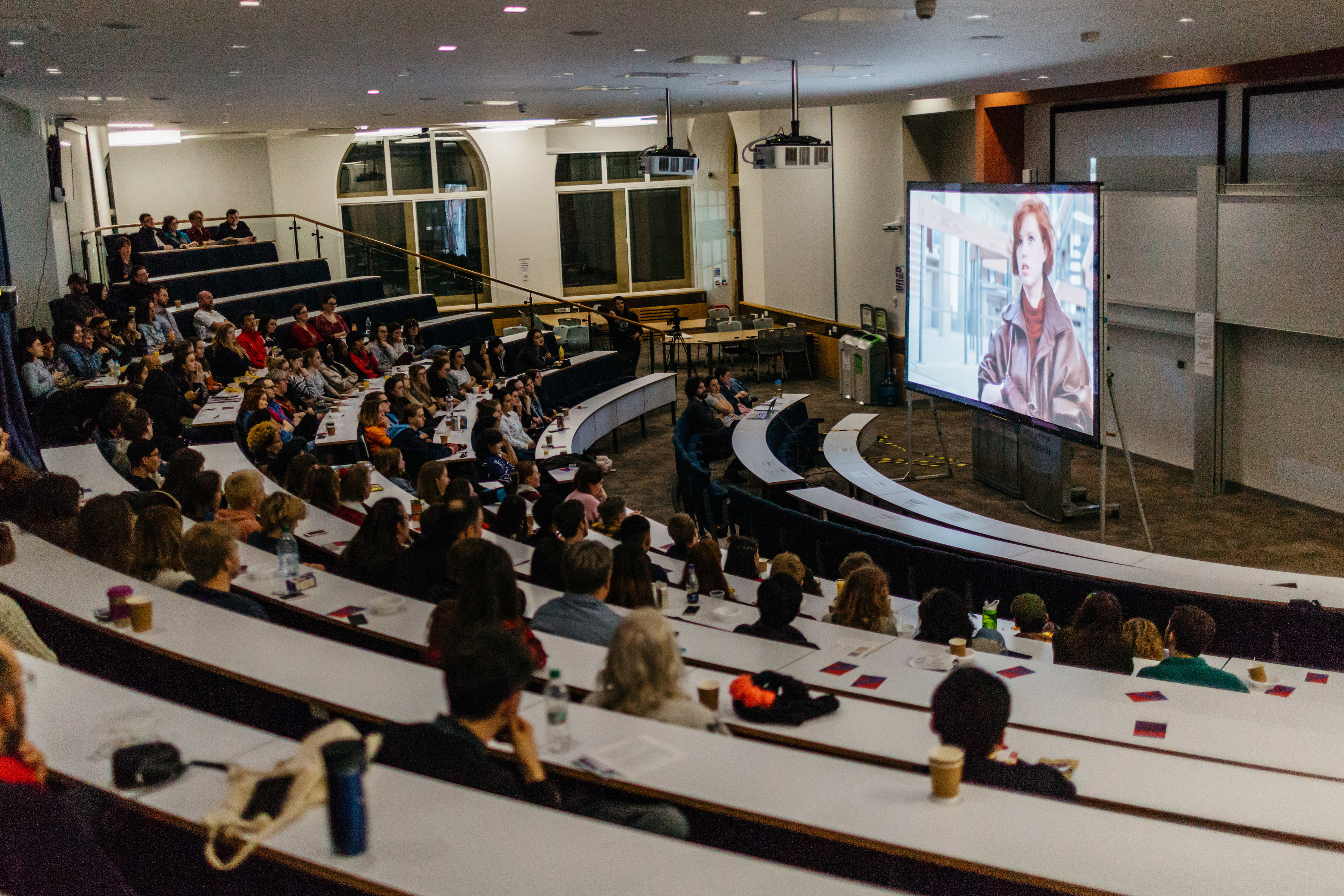
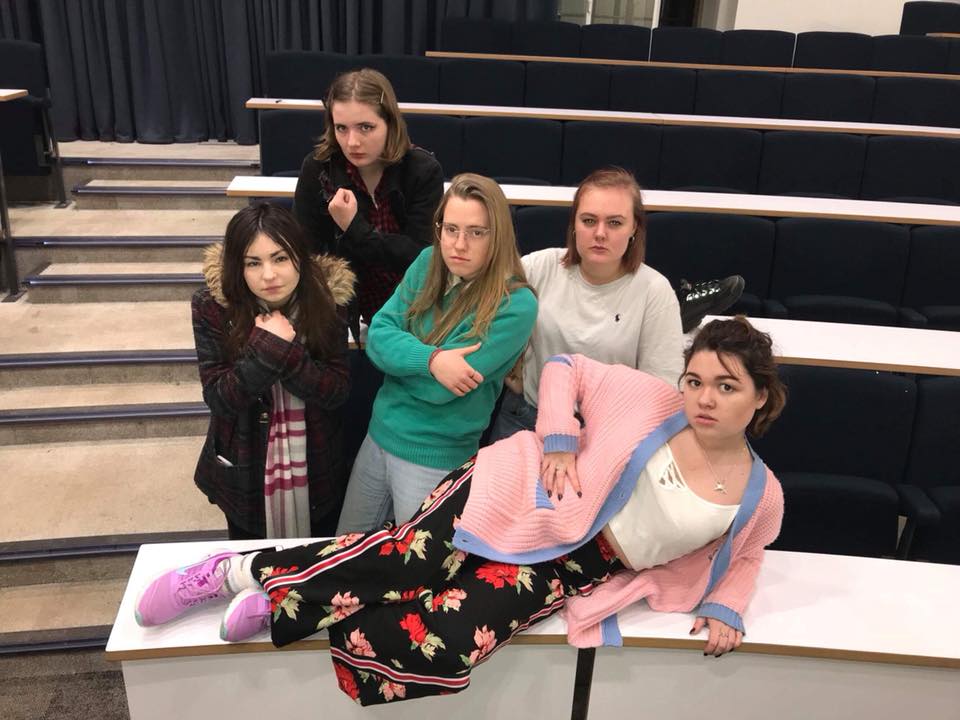

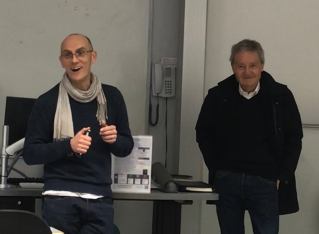
 the cinematographic industry, especially regarding the portrayal of women and children. This is just the beginning of a road that will bring sensible, valuable representations of society to our screens. I hope that ten years from now, when I have a family of my own, this will be a reality rather than a dream. Tony Garnett is one of the people who started this change; I hope that I can be a part of it too.
the cinematographic industry, especially regarding the portrayal of women and children. This is just the beginning of a road that will bring sensible, valuable representations of society to our screens. I hope that ten years from now, when I have a family of my own, this will be a reality rather than a dream. Tony Garnett is one of the people who started this change; I hope that I can be a part of it too. Lou managed to cover the whole of the fourth floor with glitter, Christos had butter fingers, Frida gave us all diabetes, Zoe made an unplugged hard drive seem like the end of the world, Cheryl was ‘stupid’ (or maybe she’s just kidding us to hide her editing prowess), Claire managed to exist about 20 minutes behind the rest of the universe, Sofia enchanted us with her colourful language, Jenny made putting up a tripod in record time look like a matter of life or death, Jack was LOUD, Sam lost all his hair, Hermione got beautifully lit selfies, Black Market Beth managed to run her own DVD business on the side, our wonderful international students joined in with our terrible British banter and discovered the joy of Christmas crackers, Rayna gave birth to a whole other human and still made classes, Techy Tash impressed with her audio skills, Lorhren started off looking terrified but showed us her creativity producing an amazing visualisation film
Lou managed to cover the whole of the fourth floor with glitter, Christos had butter fingers, Frida gave us all diabetes, Zoe made an unplugged hard drive seem like the end of the world, Cheryl was ‘stupid’ (or maybe she’s just kidding us to hide her editing prowess), Claire managed to exist about 20 minutes behind the rest of the universe, Sofia enchanted us with her colourful language, Jenny made putting up a tripod in record time look like a matter of life or death, Jack was LOUD, Sam lost all his hair, Hermione got beautifully lit selfies, Black Market Beth managed to run her own DVD business on the side, our wonderful international students joined in with our terrible British banter and discovered the joy of Christmas crackers, Rayna gave birth to a whole other human and still made classes, Techy Tash impressed with her audio skills, Lorhren started off looking terrified but showed us her creativity producing an amazing visualisation film  with Hatty (starring Christos as Salvador Dali – nice wink), I finally worked out who was Heather and who was Helena after 11 weeks, Shereen’s fashion sense put us all to shame (seriously though, how did you get so cool?) and we all survived the terrible Scandinavian sweet challenge.
with Hatty (starring Christos as Salvador Dali – nice wink), I finally worked out who was Heather and who was Helena after 11 weeks, Shereen’s fashion sense put us all to shame (seriously though, how did you get so cool?) and we all survived the terrible Scandinavian sweet challenge.